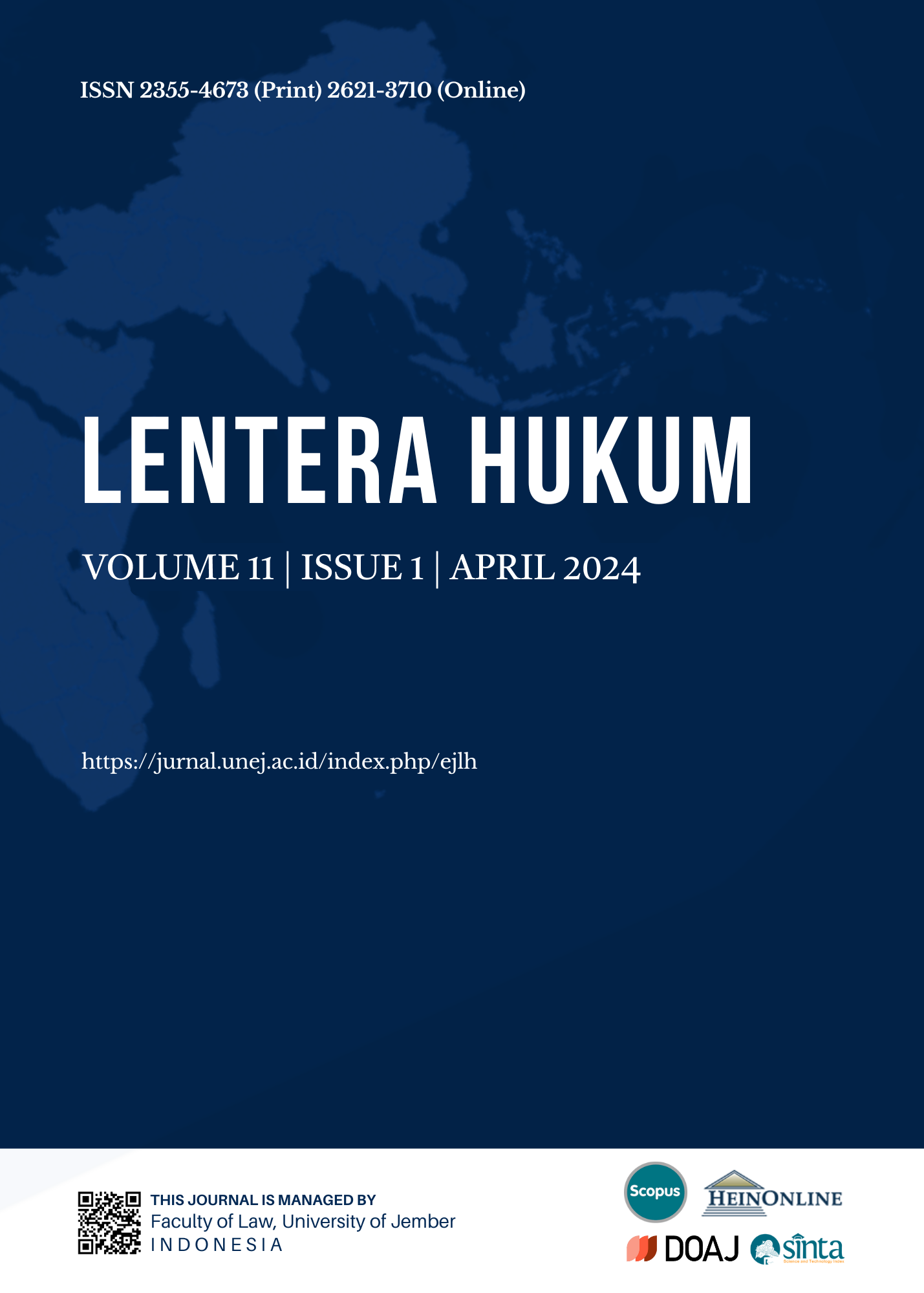Countering Hegemony in Legal Academia in Global South
A Critique of Upendra Baxi’s Legacy
DOI:
https://doi.org/10.19184/ejlh.v11i1.39449Abstract
Social Sciences are branches of science that deal with the study of human behavior in any social or cultural setting and demand to have an evolutionary interpretation of human behavior. Here, the consideration of changes in socio-cultural settings differentiates its scientific method from a traditional understanding of pure science. However, the impact of scientific imperialism has led to a universally accepted idea of supposedly valid knowledge even in social sciences such as legal sciences, where positivism and its methodological mantras still dominate. Moreover, scientific imperialism is achieved, enabled, and valorized by what Thomas Kuhn called “paradigm.†This paper argues that Upendra Baxi’s contribution to Indian legal academia is immense. Nevertheless, his legacy has created its own paradigm that has somewhat colonized the imagination of Indian legal academia. In particular, we seek to critique the extent to which it has been widely accepted as the universal paradigm of the Indian legal system and, by proxy, the legal education system of India. The ideology has become hegemonic, being glorified, celebrated, and studied by prominent scholars and Indian Supreme Court judges. This is, of course, much deserved. Yet, one may also need to critique the erasures and silences within this “Baxism paradigm.†It is intriguing to see why there is no influx of curiosity about venturing beyond that paradigm. Why does it seem to be accepted as the universal paradigm that is timeless, boundless, and edgeless? By deploying the idea of hegemony from the works of Gramsci and also using the works of Foucault, Kuhn, and Santos, we have tried to identify the creation of abyssal thinking as influenced by “Baxism†and how it can suppress the creation of new knowledge.
KEYWORDS: Legal Pluralism, Epistemology of Knowledge, Global South.



